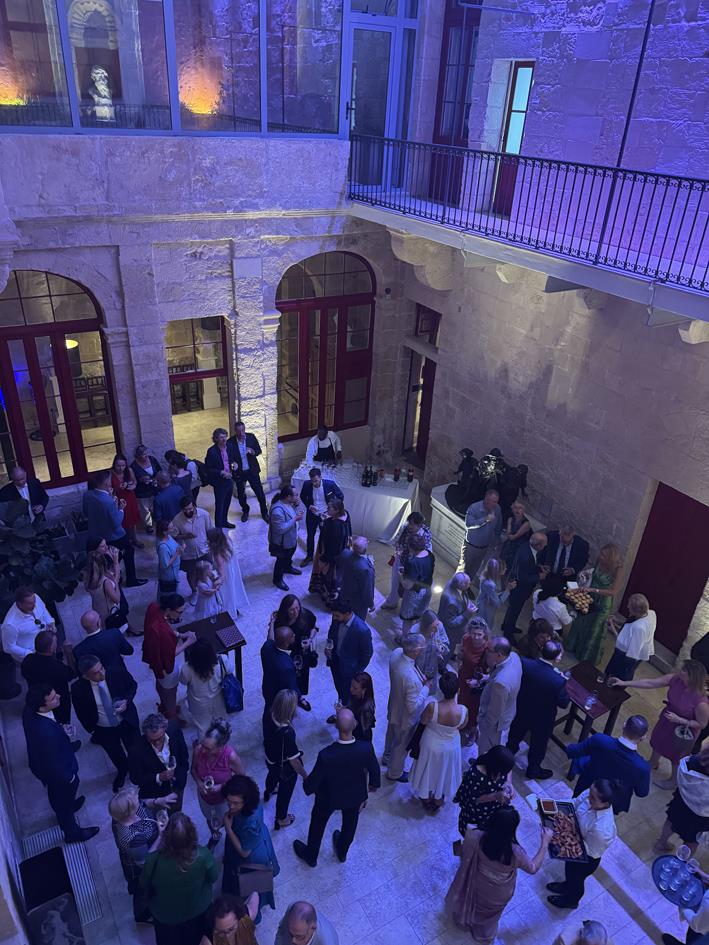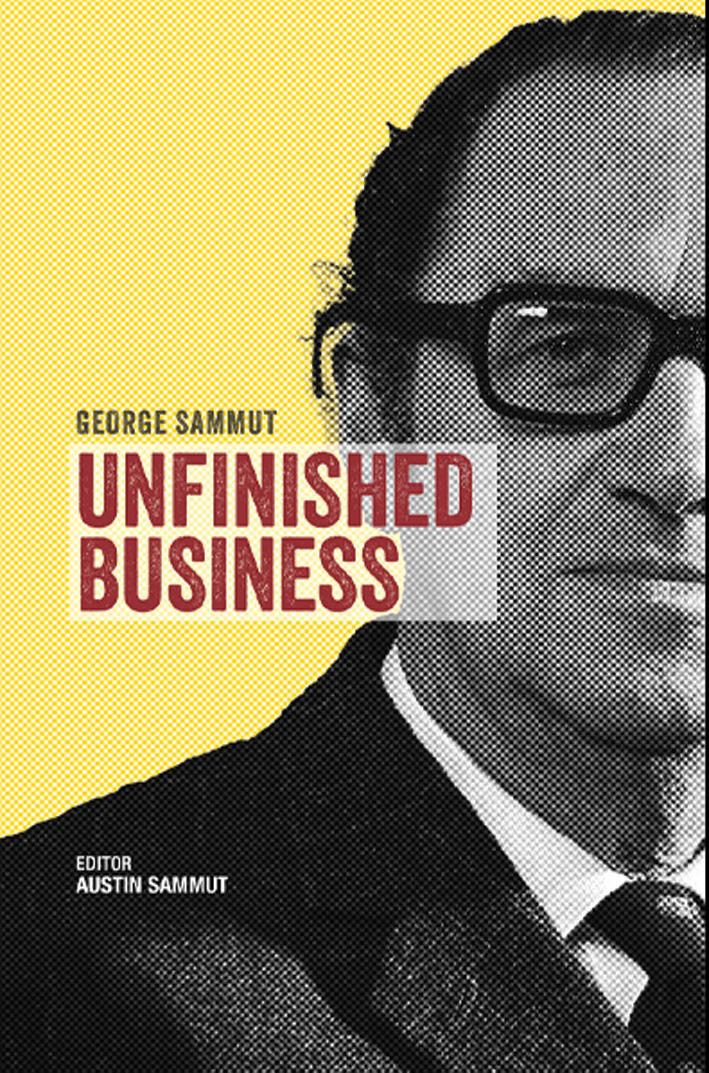Title: Echoes of Poland: An Evening with Aleksander Dębicz
Above all else, I love piano music. So, when the Polish Embassy announced that another pianist had been invited by H.E. Tomasz Czyszek, Ambassador of Poland, to mark the end of the Polish Presidency of the Council of the European Union, I knew we were in for a treat.

Thanks to His Excellency, we have already had the pleasure of enjoying at least two superb Polish pianists during his tenure. This year's guest, Aleksander Dębicz, had actually graced us with his performance two years ago.
He is an exceptional pianist, with an impressively polished technique - mesmerising, in fact.
He performed twelve pieces and gave a brief introduction to each. These were a mix of his own compositions and improvisations. One, titled Improwizacja Chopinowska, was inspired by Chopin, and I could just make out a few notes from a nocturne, though I couldn't say which one.
Now, I must admit - I'm not one for improvisation. It feels, to me, largely like self-indulgence. That evening, I was hoping that such a talented pianist would offer us some pure, unadulterated Chopin, Poland's national composer. Improvisations can feel more like an intellectual exercise than an emotional journey. Chopin's music holds such depth, nostalgia, and a profoundly Polish soul. When it's reshaped in ways that dilute its emotion, it can feel like a betrayal of the composer's genius. Still, perhaps those who improvise see themselves not as distorting Chopin's spirit but continuing it. After all, emotional resonance is what stays with a listener.

Composer and pianist Alex Vella Gregory recently wrote:
"Improvisation is the art of playing whatever comes into your head. It's one of the things I cherish the most about music. Most improvisations go unrecorded and lost forever... and that is not a bad thing. Life is fleeting and we are all pilgrims in this world. Technology allows us to capture some of those fleeting moments."
After the concert, I had the opportunity to speak briefly with Aleksander Dębicz. I asked what inspired his approach to improvisation.
"Improvisation, to me, is like natural speech - it's the most organic form of musical expression. When we speak, we don't recite memorized lines; we communicate freely. Yet, we still use a certain language and operate within a certain convention. The same applies to improvisation. Besides, it's simply a fantastic joy for me."
I also asked if he viewed his compositions as an evolution of classical tradition or a personal reinterpretation.
"I'm classically trained, so naturally, classical music has had a profound influence on me. I love it, and I genuinely enjoy referencing it in my own pieces - sometimes even without realizing it. For some time now, I've described my compositional style as 'cinematic classical,' as it combines narrative elements typical of film music with classical references. In general, I compose the kind of music I'd want to listen to myself. Some of my works directly refer to classical masters (even in their titles), while others are completely independent without any explicit allusions."
On balancing personal expression with honouring classical masterpieces:
"Honestly, I don't think about it in that way. My creative work stems from an inner need to compose and to share that music with audiences. Performing classical works - or referencing them in improvisations or compositions - comes from my deep love for the music of the greatest masters of the past.
I'm not afraid that my improvisations might overshadow the original ideas of the composer, because that's never their intention. They are meant to be a playful dialogue with the music of the masters - not an attempt to change the original. I also regularly perform classical repertoire exactly as written, without any alterations. Recently, for example, I've played piano concertos by Bach, Mozart, and Ravel."
His impeccable technique is clearly the result of relentless practice. How many hours does he dedicate to this daily?
"I generally try to maintain a high level of pianistic form, which fortunately isn't difficult as I'm constantly preparing for concerts. I've also noticed that when I'm in peak pianistic condition, I compose much better. Back in school and at university, I used to practice 6-8 hours a day. Now it's less, but still regularly."
The concert, held at Palazzo de la Salle, was followed by a lovely reception - elegantly organised. Apart from His Excellency, I must also commend Katarzyna Kugler, his Personal Assistant. She impressed me with her warmth and efficiency throughout.
If I may grumble just a little: I do miss having a printed programme with background notes and a list of the pieces to be played.
Chopin's music, to me, is sacred - full of nostalgia and soul. Stripping it of its emotion through improvisation risks losing the very thing that makes it timeless. Improvisation may live and fade in the moment, while Chopin's compositions endure. That said, I still appreciated the evening, due in no small part to the pianist's excellence. But, truthfully, give me a classical recital any day. Perhaps it's a matter of taste - or maybe just of age. When I'm (inevitably) subjected to the music my children and grandchildren play, I realise just how out of touch I've become.
Later that night, I returned home and turned to some of my favourite pieces - not only Chopin but to music that stirs the soul.

There is so little time for reading and so many distractions. I am enjoying George Sammut Unfinished Business edited by his son Austin and published by Midsea Books. It contains some fascinating essays and many if not all of his Roamer's columns, which was so widely read. It is worth purchasing for the visuals alone. I am more than halfway there and once I have finished it will write about it. I cannot recommend it highly enough. A book to read and keep.
[email protected]